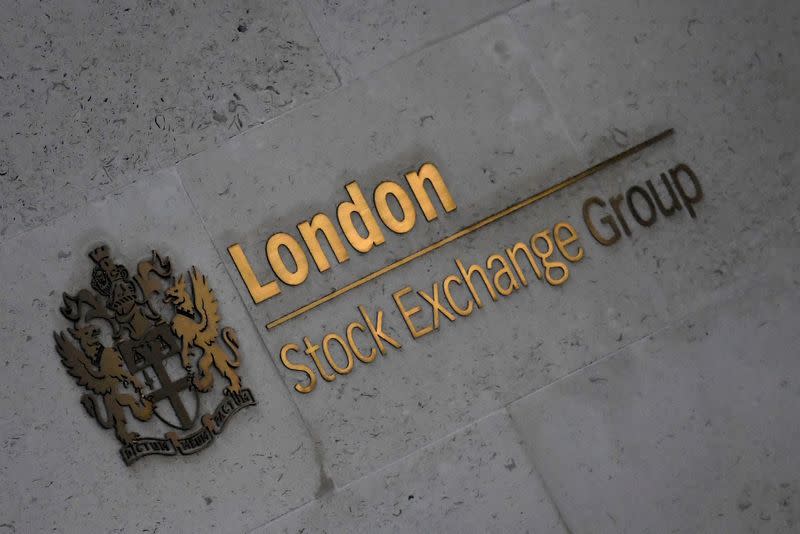Analysis-Bankers lose hope of London IPO revival for another year

By Pablo Mayo Cerqueiro and Sinead Cruise
LONDON (Reuters) - Banks have mostly given up hope this year will bring a long-awaited recovery in UK IPOs, as stock exchanges within the European Union and Switzerland have so far proved more tempting, senior bankers told Reuters.
London, which was Europe's most popular listing venue in the boom of 2021, has attracted only 2% of all European IPO volumes since January, with Zurich and Frankfurt the busiest venues, Dealogic data showed.
Part of the reason is the sluggishness of Britain's economic recovery and a perception its stock market is undervalued.
Bankers anticipate London will recover in 2025, when more private equity-owned companies mature into IPO candidates and stock prices are expected to rise.
So far this year, UK IPOs have raised some $130 million, largely driven by Air Astana's dual listing. That is a slight increase from this time last year but an 81% drop from the same period in 2022, Dealogic's figures show.
"We're likely to have a thin IPO market in the UK in 2024,"Tom Swerling, global head of equity capital markets (ECM) at Barclays, told Reuters, adding that he saw a "reasonably healthy" pipeline of UK IPOs next year.
Tom Snowball, who oversees UK equity capital markets at BNP Paribas, also predicted limited London activity this year.
What there was would "likely on the smaller end of the market," although he said the bank was talking to clients about next year.
Mainland Europe, which with the exception of Germany is experiencing stronger economic growth, has seen a series of deals in recent months after two years of little activity.
Companies, including Swiss skincare giant Galderma and French software provider Planisware, soared on their market debuts.
Private equity firm CVC and Spanish beauty group Puig are in the process of launching their multi-billion euro IPOs in Amsterdam and Madrid respectively.
TRANSATLANTIC PULL The reasons for London's slower recovery include the stage of private equity-backed companies in the investment life-cycle.
At the same time, outflows from UK equities and the rival attraction of the larger U.S. market appear have had a bigger impact on London.
Among those that have shifted to New York in search of heftier valuations and deeper liquidity are building materials group CRH and sports betting company Flutter.
UK authorities have proposed reforms, including simplifying offer prospectus rules.
The gap between U.S. and UK company valuations, meanwhile, has widened, Liad Meidar, managing partner at Gatemore Capital Management LLP, said.
"This means the cost of capital in UK equity markets is much higher than in rival markets so issuers pay more for their capital and have weaker currencies," he told Reuters.
While most countries are lagging the United States economically, Britain has also lagged most of Europe.
Its economy is expected to grow 0.5% this year compared to an 0.8% rise projected for the eurozone, the International Monetary Fund said this month.
However, Britain's gross domestic product is likely to rebound by 1.5% next year, according to the IMF.
The impact of London's last major listing CAB Payments last year when investors suffered heavily losses did not help.
Some people are resolutely optimistic, however, including Charlie Walker, deputy CEO of the London Stock Exchange, who said new listings rules in the second half of 2024 should stoke market activity.
London also remains ahead of continental bourses in terms of total equity capital raised beyond just IPOs, he added.
Peter Singlehurst, partner and investment manager in the private companies team at Baillie Gifford, was also upbeat for the longer term.
"With regards to London specifically, the IPO pipeline is admittedly a bit more sparse. This is an unfortunate reality, but one we hope will improve over time," he told Reuters.
($1 = 0.8094 pounds)
(Reporting by Pablo Mayo Cerqueiro and Sinead Cruise; Editing by Anousha Sakoui and Barbara Lewis)

